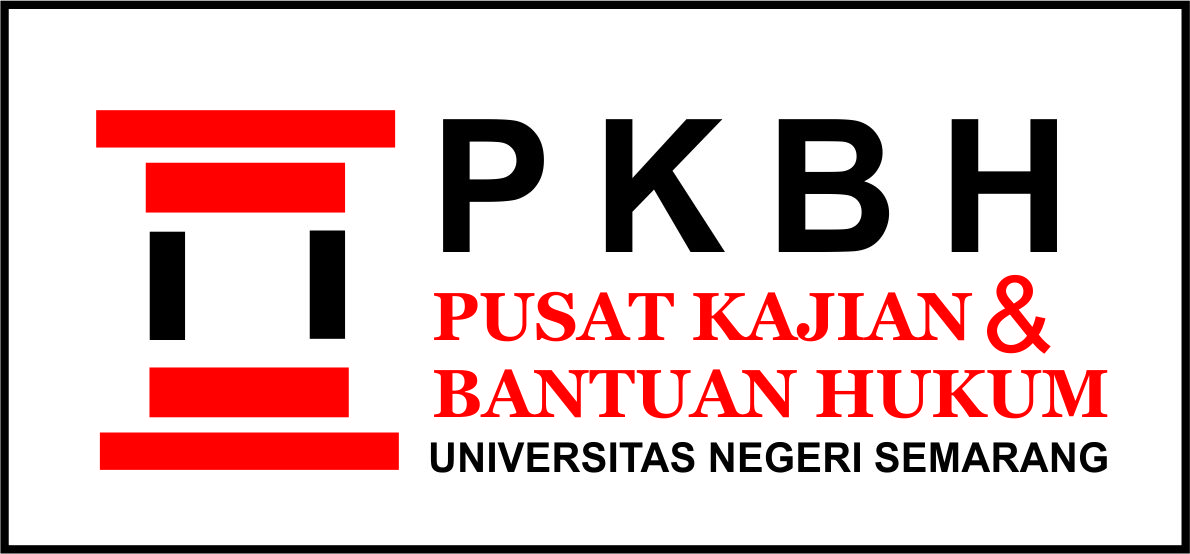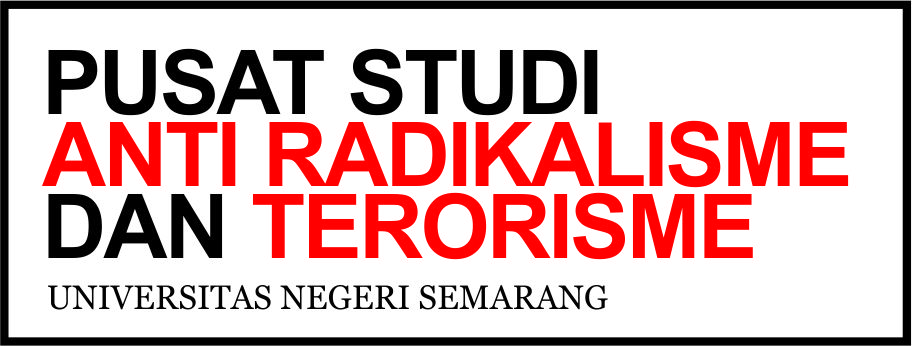REVOCATION OF RIGHTS TO BE ELECTED AND VOTE FOR A CONVICTED OF CORRUPTION
Abstract
The criminal act of corruption is a criminal act that has an extra ordinary impact on the stability of the nation and state. Because the impact of these crimes is very systemic and make enormous losses in the state finance sector. Some cases occurred an ex-convict corruption case, when it was out of running his penalty, it turns out to be more officials in the environment of his service. The purpose of this study is first to examine or analyze the formulation policy of revocation of the right to be elected and vote for convicted corruption, secondly To review or analyze the policies that can be applied in the formulation in the future. The research method used in this legal research is juridical-normative, with a policy-oriented approach. The model of analysis is Juridical Comparative, and also conducts Prescriptive Juridical Analysis. The first result of research Whereas basically the regulation concerning additional crime in the form of revocation of certain rights including the right to be elected and vote has been regulated in criminal code (KUHP) and constitution No 31 of 1999 about eradication of corruption crime. Secondly that although there has been renewal in RUU KUHP (Draft of Criminal Code) 2012 on additional criminal provisions can stand on its own, but with regard to the right to vote and to be elected is still unclear, so there is still a gap for criminals who finish criminal can become public officials again.
Full Text:
PDFReferences
Ali, Mahrus. 2008. Kejahatan Korporasi. Yogyakarta: Arti Intan Bumi Intaran.
Arief, Barda Nawawi. 2010. Perbandingan Hukum Pidana. Jakarta: Raja Grafindo Persada.
Chazawi, Adami. 2002. Pelajaran Hukum Pidana Bagian 1. Jakarta: Raja Grafindo Persada.
Erika, Ravida. 2003. Korupsi di Indonesia, Masalah dan Solusinya. Medan: Fakultas Ilmu Sosial dan Ilmu Politik Universitas Sumatera Utara.
E.Y. Kanter dan S.R. Sianturi. 2002. Asas-Asas Hukum Pidana di Indonesia dan Penerapannya. Jakarta: Storia Grafika.
Hamzah, Andi. 2008. Asas-Asas Hukum Pidana, edisi revisi. Jakarta: Rineka Cipta.
Remmelink, Jan. 2003. Hukum Pidana, Komentar atas Pasal-pasal Terpenting Kitab Undang-Undang Hukum Pidana Belanda dan Padanannya dalam Kitab Undang-Undang Hukum Pidana Indonesia. Jakarta: Gramedia.
Saleh, Roeslan. 1960. Stelsel Pidana Indonesia. Yogyakarta: Yayasan Badan Penerbit Gadjah Mada.
Tolib, Setiady. 2010. Pokok-Pokok Hukum Penitensier Indonesia. Bandung: Alfabeta.
Kitab Undang-Undang Hukum Pidana (KUHP)
RUU KUHP 2012
Undang-Undang No 31 Tahun 1999 tentang Pemberantasan Tindak Pidana Korupsi
http://www.republika.co.id/berita/nasional/hukum/13/09/26/mtqmnm-sejak-berdiri-kpk-tercatat-tangani-385-kasus diakses 10-juli-2014 Pukul 23:30
http://www.negarahukum.com/hukum/pencabutan-hak-sang-koruptor.html Diakses 10 Juli 2014 Pukul 23:13
http://birokrasi.kompasiana.com/2012/11/10/koruptor-jadi-pejabat-salah-siapa-502191.html Diakses 10 Juli 2014 Pukul 23:35
http://antikorupsijateng.wordpress.com/2013/12/23/tak-cukup-dimiskinkan-cabut-pula-hak-politik-koruptor/ Diakses 10 Juli 2014 Pukul 23:40
kutipan putusan dalam website resmi Pengadilan Tinggi DKI Jakarta: http://www.pt-jakarta.go.id/situs2/index.php?option=com_content&view=article&id=331:sidang-tindak-pidana-korupsi-inspektur-jenderal-polisi-drs-djoko-susilo-sh-msi-pada-pengadilan-tindak-pidana-korupsi-tingkat-banding-jakarta&catid=39:terbaru&Itemid=229 diakses 10 juli 2014 Pukul 23:21
Refbacks
- There are currently no refbacks.










